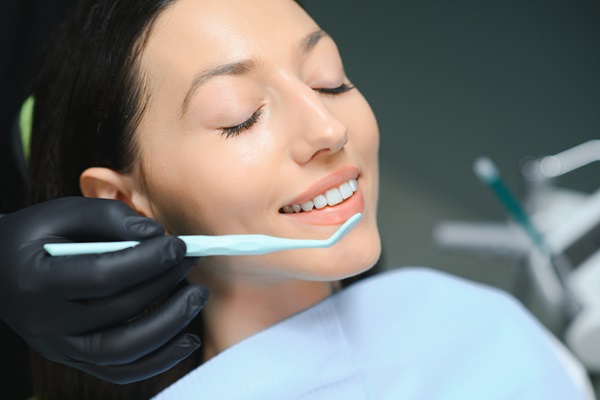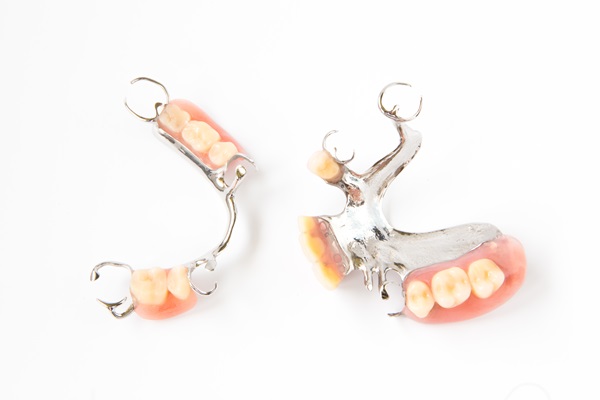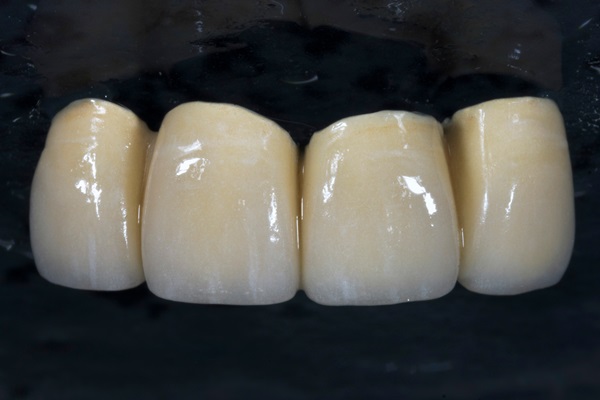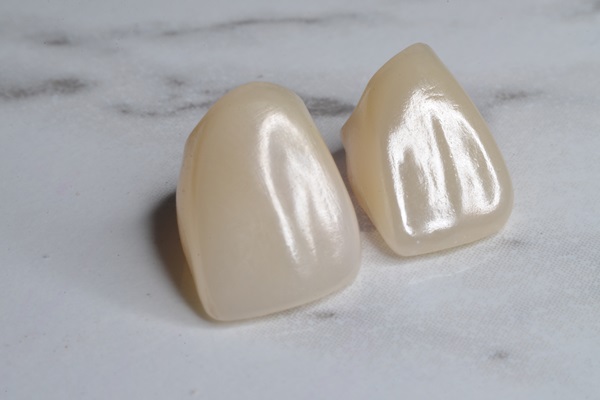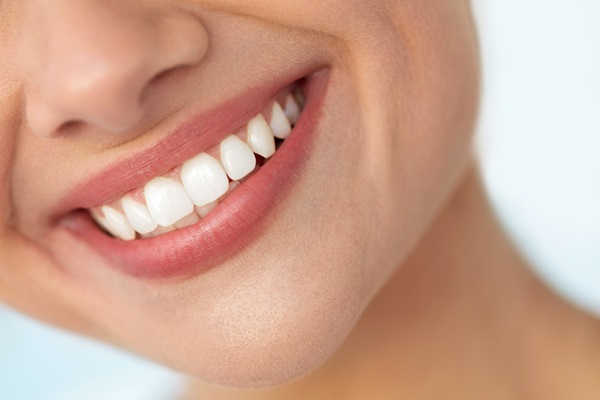Before and after surgerySan Dimas, CA
While most dental surgery is performed on an out-patient basis, it remains an involved procedure that requires specific preparation and aftercare. In an effort to provide safe, comfortable care, we encourage you to review our pre- and post-operative instructions, which are intended to facilitate a smooth operation and safer recovery. If you have any questions or concerns about your surgery, please contact our practice today.
Before General Anesthesia
Prior to your dental surgery you will have the opportunity to address any concerns you might have during your pre-op appointment. We encourage you to ask questions and make us aware of any fears you might have. Our main goal is to create a secure, comfortable environment for our patients on the day of surgery so the more you communicate with us, the easier we can accommodate your needs. The following guidelines are meant to serve as reminders in helping you prepare for your dental surgery. If you have any questions, feel free to contact our practice.
Leading Up To The Day Of Surgery
Fasting must begin at midnight the night before surgery for patients with a morning appointment. If you have an afternoon appointment, do not eat anything 8 hours prior to your scheduled dental surgery.
While fasting, the patient may only drink clear fluids (Ex: water, apple juice, black coffee, and sports drinks). Beverages that are not allowed to be consumed are alcohol, orange juice, milk, creamer, and other opaque drinks. Patients should avoid drinking all fluids within 6 hours of their surgery. If you are unsure about what can and cannot be consumed, please ask during your pre-op appointment.
- Cardiac medications
- Pulmonary medications
- Steroids
- Anti-seizure medications
- Anti-Parkinson’s medications
Medications that patients are prohibited from taking are MAO inhibitors, anti-depressants, aspirins, anti-coagulants, and anti-inflammatory drugs. We request that patients stop taking these medications at least two days prior to surgery because they can create complications during dental surgery.
Patients are not to consume alcoholic beverages or use tobacco products within 24 hours of their appointment and are asked to refrain from drinking or smoking for 24 hours after their surgery.
Day Of Surgery
If you are a minor, you must have a parent or guardian present for the extent of your surgery. All patients are required to have a licensed driver take them home after their appointment, and we prefer that you are accompanied by someone for at least 12 hours after your surgery.
Brush your teeth as usual, but be sure not to swallow any water or toothpaste. Do not wear any make up or nail polish.
If you regularly wear contact lenses, please remove them prior to surgery. Jewelry and dentures will also need to be removed before surgery.
We prefer that you wear loose, comfortable clothing and flat soled shoes. Shirts that have ¾ sleeve or shorter are ideal.
After surgery, you will not be fully aware, therefore cannot return to work or school, and cannot drive or operate other hazardous devices. Also, please make sure that you have assistance when climbing stairs or attempting other difficult tasks.
If you have any change in health the morning of your appointment, please contact the practice immediately. A cold or fever with chest and sinus congestion may dangerously affect surgery so it is imperative that our practice is made aware of the situation. If it is necessary to reschedule your appointment, we will notify you.
Check out what others are saying about our Before and after surgery services on Yelp: Before and after surgery San Dimas
After Dental Implant Surgery
Following dental implant surgery, patients must take detailed care of the area surrounding their new implant. For the first month the dental implant is still integrating with the bone and tissues so the patient’s care routine will be slightly more involved during this initial period.
Above all, do not disturb the wound in the initial days that follow surgery. Avoid rinsing, spitting, and touching the mouth for 24 hours after surgery to avoid contaminating or irritating the surgical site. After dental implant surgery it’s important to follow these care instructions:
- Antibiotics – Patients should take all prescribed antibiotics to prevent infection at the surgical site. Twenty-four hours after the surgery, patients should begin using the prescribed oral rinse twice daily alongside a warm saltwater rinse 4-5 times daily (preferably after every meal/snack).
- Bleeding – Blood in the patients’ saliva is normal during the first 24 hours following surgery. We suggest biting on gauze pads to help control and lessen blood flow. Gently bite down on the gauze pad and try to maintain constant pressure, repeating as often as needed, or until bleeding lessens.
- Dealing with pain – Shortly after your dental implant surgery the anesthetic will wear off. You should begin taking pain medication before this happens. Any over-the-counter pain medication can be taken (e.g., Tylenol®, Aleve®, ibuprofen, etc.).
- Diet – We recommend an initial diet of soft foods, but patients can resume a normal diet as soon as they feel capable of doing so. Stay hydrated. It is critical that you are drinking plenty of fluids.
- Hygiene – In order for the dental implants to heal properly, the surgical site must be kept clean. Continue to brush your teeth as you normally would, but avoid any sutures and do not brush the implant. The antibiotic and saltwater rinses will disinfect the implant itself.
- Swelling – After dental implant surgery some amount of swelling is to be expected. To help minimize swelling, try to keep your head elevated and lower your activity level as much as possible. Use ice packs for the first 48 hours and apply continuously, or as frequently as possible to minimize facial swelling.
- Wearing your prosthesis or night guard – Partial dentures, flippers, full dentures, retainers, or night guards should not be used for at least 10 days following surgery. If there are any special circumstances, our practice will discuss those with you during your pre-operative consultation.
- Smoking – Smoking after dental implant surgery has an increased risk of infection which also increases the risk of dental implants failing to integrate. We recommend that patients do not smoke for a minimum of 2 weeks after dental implant surgery.
What Does Recovery Involve?
While each patient’s case is different, recovery after dental implant surgery happens in a series of phases. With your new dental implants, maintaining proper oral hygiene should be your primary focus. In order for the implant to properly fuse with the jawbone, it must remain clean. Also keep in mind that when properly cared for, a dental implant can serve its owner for life.
When maintaining proper hygiene, oral discomfort should gradually lessen. Swelling, bruising, and minor bleeding may still occur. If any pain does continue, feel free to continue using the pain medications.
Healing time differs depending on whether a patient receives immediate crown placement, or waits for the implant to fuse with the jawbone. Your recovery timeframe will depend on your individual case and treatment plan; follow-up appointments will be scheduled accordingly.
If you have any questions, please feel free to contact our office.
After Tooth Extraction
There are a number of reasons that your dentist might recommend a tooth extraction. Some dental patients suffer from tooth decay; others need to remove teeth hindering orthodontic treatment, whereas various patients simply need wisdom teeth removal. While a tooth extraction can be a serious dental procedure, aftercare is just as critical as the procedure itself. As the dental patient, it is important to understand that pain and the risk of infection can be lessened with proper care.
Care Immediately Following Surgery:
- Keep pressure on the gauze pad that your doctor placed over the surgical area by gently biting down. Dampen the gauze sponge with water if it begins to dry out. Try to maintain constant pressure in intervals of 45-60 minutes, repeating as often as needed, or until bleeding lessens. Change the gauze as needed.
- Keep your head elevated and try to lower your activity level as much as possible.
- 48 hours after surgery, rinse mouth with warm salt water every 1-2 hours. Avoid using any mouthwash containing alcohol as it can irritate the wound.
- Keep your mouth clean by brushing areas around the surgical site, but be sure to avoid sutures. Touching the wounded area in any fashion should be prevented.
- Use ice packs to control swelling by placing them on facial areas near extraction.
- Take all prescribed medications accordingly. If any itching or swelling occurs, contact the practice immediately, or go to the nearest emergency room.
- Try to eat softer foods, preferably high in protein.
- Keep your body hydrated by drinking plenty of fluids, but do not drink through a straw for the next 5-7 days.
- If you are a regular tobacco user refrain from smoking for the next 3-4 days as smoking increases your chances of getting a dry socket as well as an infection.
After your tooth has been extracted, healing will take some time. Within 3 to 14 days, your sutures should fall out or dissolve. For sutures that are non-resorbable, your doctor will schedule a follow-up appointment to remove the stitches for you. Your tooth’s empty socket will gradually fill in with bone over time and smooth over with adjacent tissues.
Possible Complications After A Tooth Extraction
Bleeding – Bleeding after a tooth extraction is entirely normal. A pinkish tinted saliva and subtle oozing is fairly common during the first 36 hours. If bleeding gets excessive, control it by using dampened gauze pads and biting down to keep pressure on the area. As an alternative to gauze pads, a moistened tea bag can be used, as the tannic acid helps blood vessels contract. Apply pressure to the gauze or tea bag by gently biting down for 30 minutes. Please remember that raised tempers, sitting upright, and exercise can all increase blood flow to the head, which can cause excess bleeding. Try to avoid these as much as possible. If your bleeding does not reduce after 48 hours, please call the practice.
Bone sequestra (dead tooth fragments) – Some patients have small sharp tooth fragments that were unable to be completely removed during surgery. During the recovery period, these dead bone fragments, or bone sequestra, slowly work themselves through the gums as a natural healing process. This can be a little painful until the sequestra are removed so please call our practice immediately if you notice any sharp fragments poking through the surgery site.
Dry socket – In the days that follow your tooth extraction, pain should gradually subside. Rarely, patients report that pain increases to a throbbing unbearable pain that shoots up towards the ear. Often this is a case of dry socket. Dry socket occurs when the blood clot becomes irritated and ousted before healing is complete. Food and debris can then get into the socket causing irritation. Tobacco users and women taking oral contraceptives are at a higher risk of getting dry socket. Dry socket is not an infection but does require a visit to our office. If you think you may be suffering from dry socket, please contact the practice immediately.
Lightheadedness – Because you may have been fasting prior to surgery, your blood sugar levels may be lower than normal. Until your body has had the chance to catch up and process some sugars, you should remember to stand up slowly when getting up from a relaxed position. For somewhat immediate relief, try eating something soft and sugary, stay in a relaxed position, and reduce the elevation of your head.
Numbness – Many patients report still feeling numb hours after their tooth extraction procedure. An extended lack of feeling around the mouth is normal and can last 10-12 hours after surgery.
Swelling – Swelling should subside almost entirely within 10 days after surgery. Immediately following your tooth extraction, apply an ice pack to the facial areas near the extraction. Continue using the ice in 15 minute intervals for the first 36 hours. After 36 hours, ice will no longer be beneficial in reducing swelling and moist heat should be used instead. To decrease swelling, apply a warm damp cloth to the sides of your face.
Trismus (difficulty opening and closing mouth) – If you experience a sore jaw and difficulty chewing or swallowing, do not be alarmed. Occasionally patients’ chewing muscles and jaw joints remain sore 3-5 days after surgery. This soreness can also make it difficult to open and close your mouth. Soreness should eventually subside.
If you have any worries, or are experiencing any complications not mentioned, please contact our practice immediately so that we may address your concerns.

